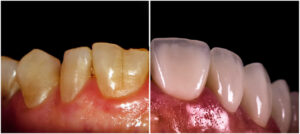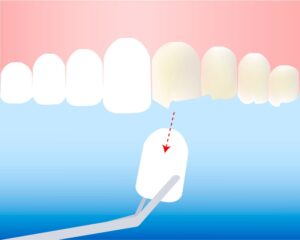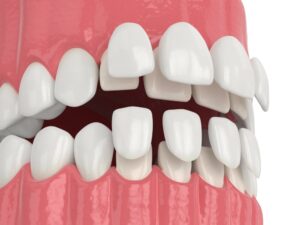The cost of a full set of veneers in Canada can vary depending on a number of factors, including the number of veneers needed, the type of material used, and the location and expertise of the dentist performing the procedure.
On average, the cost of a single veneer in Canada can range from $800 to $2,500 CAD. Therefore, a full set of veneers can cost anywhere from $12,000 to $40,000 CAD or more.
It’s important to keep in mind that this is an estimated range, and the actual cost may vary based on individual circumstances. It’s best to consult with a qualified dentist to get a more accurate estimate based on your specific needs and goals.
Ready for a stunning smile transformation? Discover unbeatable veneer specials in Miami and take the first step towards your dream smile. Don’t wait, schedule now and seize this limited-time opportunity!
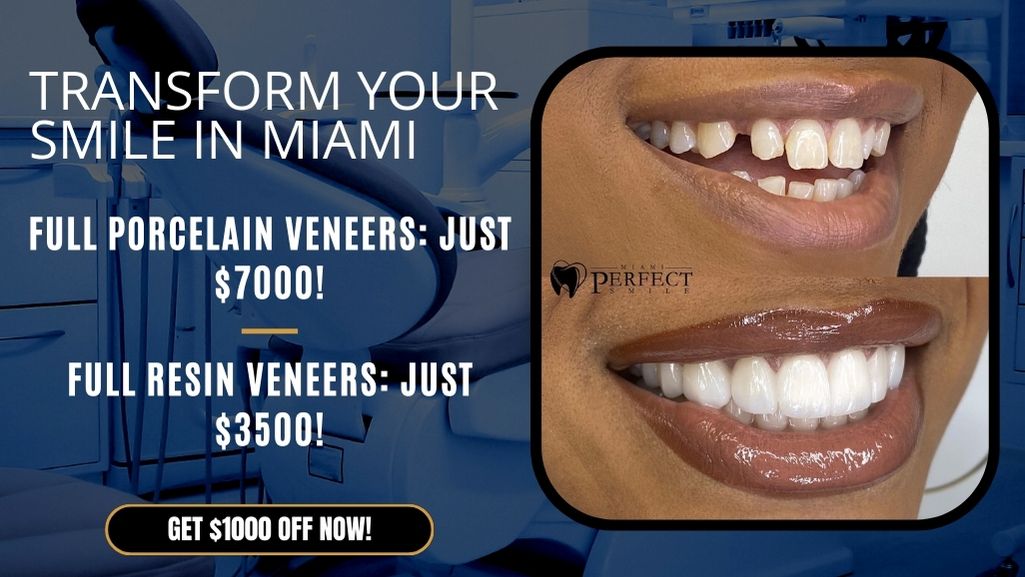
The Cost of a Full Set of Veneers in Canada
The cost of a full set of veneers in Canada can vary depending on several factors, such as the number of teeth being treated, the type of veneer material used, and the dentist’s experience and location.
| Number of Veneers | Cost per Veneer | Total Cost |
|---|---|---|
| 6-8 | $800-$2,500 | $4,800-$20,000 |
| 10-12 | $800-$2,500 | $8,000-$30,000 |
| 16-20 | $800-$2,500 | $12,800-$50,000 |
Note: The cost of a full set of veneers in Canada can vary depending on several factors, such as the number of teeth being treated, the type of veneer material used, and the dentist’s experience and location
Factors Influencing Veneer Pricing
The cost of veneers can vary depending on several factors, including:
- Number of veneers: The more veneers you need, the higher the cost will be. The cost per veneer may also decrease as the number of veneers increases.
- Type of material: The type of material used for the veneers can affect the cost. Porcelain veneers tend to be more expensive than composite veneers, but they are also more durable and natural-looking.
- Dentist’s experience and location: The experience and location of the dentist performing the procedure can affect the cost of veneers. Dentists in urban areas may charge more than those in rural areas, and more experienced dentists may charge higher fees.
- Preparatory treatments: If you need any preparatory treatments, such as fillings or gum reshaping, the cost of these procedures will add to the overall cost of your veneers.
- Additional procedures: If you need any additional procedures, such as teeth whitening or orthodontic work, this can also increase the cost of your veneers.
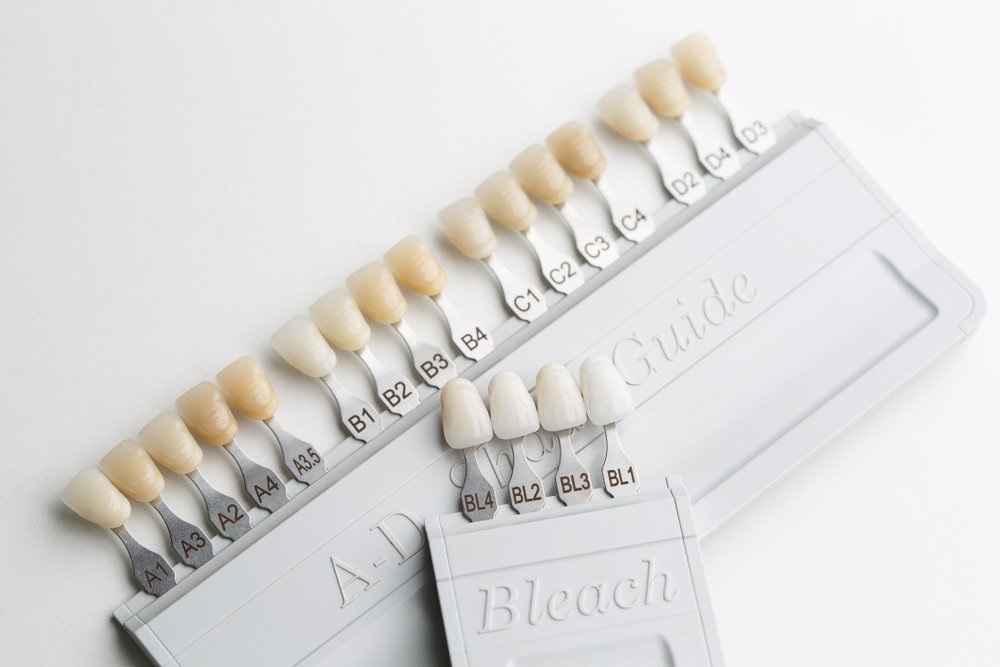
It’s important to keep in mind that the cost of veneers can vary depending on individual circumstances, and it’s best to consult with a qualified dentist to obtain a more accurate estimate based on your particular needs and goals.
▶ Choosing between composite veneers and porcelain veneers?
Finding Affordable Veneers in Canada
Finding affordable veneers in Canada can be challenging, but there are a few things you can do to help reduce the cost:
- Shop around: Compare prices from different dentists and clinics to find the most affordable options. You may also want to consider traveling to a nearby city or town to find lower prices.
- Consider composite veneers: Composite veneers are generally less expensive than porcelain veneers, although they may not last as long.
- Look for discounts or payment plans: Some dental clinics may offer discounts or payment plans to make veneers more affordable. Ask about these options when you’re getting a quote.
- Check with your insurance provider: While many dental insurance plans do not cover cosmetic treatments like veneers, it’s still worth checking to see if you have any coverage that could help offset the cost.
- Consider dental tourism: Some people travel to other countries to get dental work done at a lower cost. While this can be a viable option for some people, it’s important to do your research and make sure you’re getting quality care from a reputable provider.
Ultimately, the best way to find affordable veneers is to do your research, shop around, and talk to multiple dentists to find the best fit for your budget and needs.
Dental Clinics Offering Veneer
There are many dental clinics in Canada that offer veneer services. Here are a few examples:
| Dental Clinic | Location | Services Offered |
|---|---|---|
| Altima Dental | Multiple locations across Canada | Veneers, cosmetic dentistry |
| DentalVibe | Toronto | Veneers, cosmetic dentistry |
| Smile City | Vancouver | Veneers, cosmetic dentistry |
| Toothworks | Multiple locations in and around Toronto | Veneers, cosmetic dentistry |
| Dawson Dental | Multiple locations in Ontario | Veneers, cosmetic dentistry |
Please note that this is not an exhaustive list and there may be other dental clinics in Canada that offer veneer services.
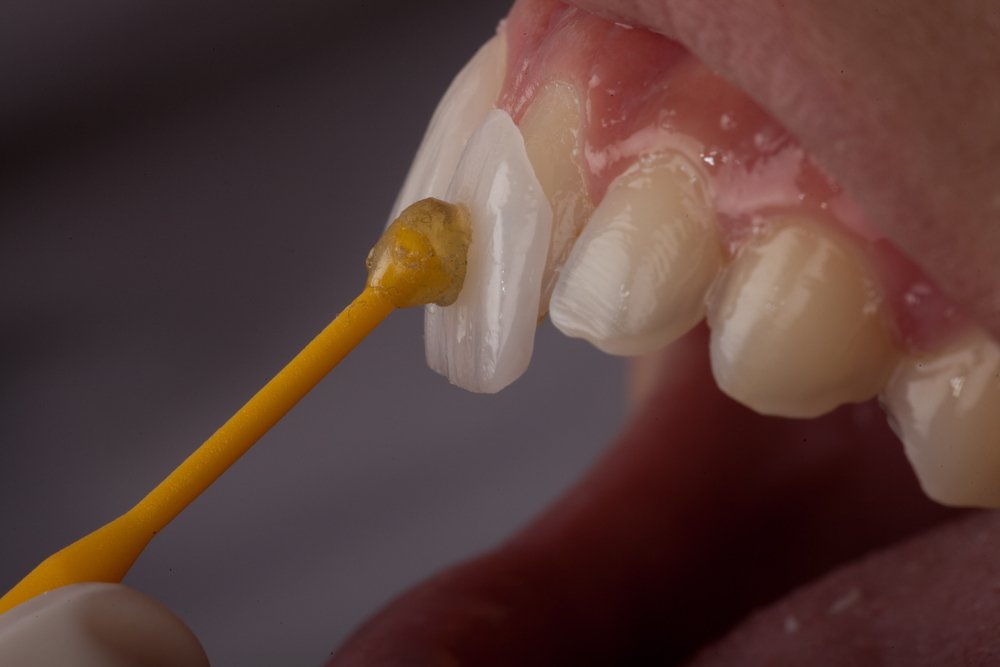
Financing and Payment Plan Options
If you’re considering getting veneers but are worried about the cost, there are several financing and payment plan options that may help make the treatment more affordable. Here are some options to consider:
- Dental financing companies: There are several companies that specialize in financing dental procedures, including veneers. These companies offer loans with fixed interest rates and flexible repayment terms. Some popular dental financing companies in Canada include Dentalcard, Credit Medical, and HealthSmart Financial Services.
- Payment plans: Many dental clinics offer payment plans that allow you to pay for your veneers in installments rather than all at once. Be sure to ask about these options when you’re getting a quote.
- Credit cards: If you have a credit card with a high credit limit or low interest rate, you may be able to use it to pay for your veneers. Be sure to check with your credit card company to see if they offer any special financing options.
- Personal loans: You may be able to obtain a personal loan from a bank or credit union to pay for your veneers. These loans typically have lower interest rates than credit cards but may require collateral or a good credit score.
- Insurance: While many dental insurance plans do not cover cosmetic procedures like veneers, some may cover a portion of the cost if the procedure is deemed medically necessary. Be sure to check with your insurance provider to see if you have any coverage.
By exploring these financing and payment plan options, you may be able to make veneers more affordable and accessible. It’s important to choose a payment option that fits your budget and financial situation to avoid any undue stress or financial burden.
Dental Insurance and Veneer Coverage
Dental insurance coverage for veneers can vary depending on the specific plan and the reason for getting veneers. Here are some things to keep in mind when it comes to dental insurance and veneer coverage:
| Insurance Coverage | Description |
|---|---|
| Cosmetic | Most dental insurance plans do not cover cosmetic procedures like veneers. |
| Restorative | Some dental insurance plans may cover a portion of the cost of veneers if they are being used to restore damaged or decayed teeth. |
| Pre-existing conditions | Some dental insurance plans may have a waiting period before they will cover certain procedures, including veneers. |
| Annual maximums | Many dental insurance plans have an annual maximum that they will pay out for dental procedures, which may affect the amount of coverage for veneers. |
| Network providers | Some dental insurance plans may require you to use a network provider in order to receive coverage for veneers. |
| Out-of-pocket costs | Even if your dental insurance plan covers a portion of the cost of veneers, you may still be responsible for some out-of-pocket costs, such as deductibles or co-payments. |
Porcelain vs. Composite Veneers
| Porcelain Veneers | Composite Veneers |
|---|---|
| More expensive | Less expensive |
| Long-lasting (up to 15 years or more) | Less durable (up to 5-7 years) |
| Resistant to staining | More prone to staining |
| Custom-made in a dental lab | Applied directly to teeth in a single appointment |
| Require more tooth preparation (enamel removal) | Minimal tooth preparation (little to no enamel removal) |
| Provide a more natural-looking result | May not look as natural as porcelain veneers |
| May require multiple appointments to complete | Can typically be completed in a single appointment |
| Can correct more severe dental issues | Best suited for minor cosmetic issues |
It’s important to consult with a qualified dentist to determine which type of veneer is best suited for your individual needs and goals. Factors such as the severity of your dental issues, your budget, and your desired outcome may all play a role in the decision-making process.

Veneer Aftercare Tips
Here are some veneer aftercare tips to help ensure the longevity and proper maintenance of your veneers:
- Practice good oral hygiene: Brush your teeth twice a day and floss daily to help prevent tooth decay and gum disease. Use a soft-bristled toothbrush and non-abrasive toothpaste to avoid damaging your veneers.
- Avoid hard or sticky foods: Hard foods like nuts, ice, and hard candy can cause damage to your veneers, while sticky foods like caramel or taffy can pull them off your teeth. Try to avoid these types of foods, or eat them in small pieces to reduce the risk of damage.
- Wear a mouthguard: If you grind your teeth at night or participate in sports, wearing a mouthguard can help protect your veneers from damage.
- Avoid tobacco and excessive alcohol consumption: Tobacco and alcohol can stain and damage your veneers, so it’s best to avoid them or limit your consumption as much as possible.
- Visit your dentist regularly: Regular dental check-ups and cleanings can help detect and prevent any issues with your veneers before they become more serious.
By following these veneer aftercare tips, you can help ensure the longevity and proper maintenance of your veneers, allowing you to enjoy a beautiful, healthy smile for years to come.
Addressing Potential Veneer Complications
While veneers are generally safe and long-lasting, there are some potential complications that can arise. Here are some ways to address common veneer complications:
- Sensitivity: Some people may experience sensitivity to hot or cold temperatures after getting veneers. This can often be treated with desensitizing toothpaste or a fluoride treatment prescribed by your dentist.
- Chips or cracks: Veneers can sometimes chip or crack, especially if they are exposed to excessive force or pressure. If this happens, it’s important to see your dentist as soon as possible to have the veneer repaired or replaced.
- Discoloration: While porcelain veneers are resistant to staining, they can still become discolored over time due to exposure to certain foods or beverages. In some cases, a professional teeth whitening treatment may be recommended to restore the original color of the veneers.
- Decay or gum disease: Veneers do not protect against tooth decay or gum disease, so it’s important to maintain good oral hygiene habits and visit your dentist regularly for check-ups and cleanings.
- Veneer detachment: In rare cases, a veneer may become detached from the tooth. If this happens, it’s important to see your dentist as soon as possible to have the veneer reattached or replaced.
If you experience any of these veneer complications or have any concerns about the appearance or function of your veneers, be sure to contact your dentist right away. They can assess the situation and recommend the best course of action to address the issue and ensure the longevity of your veneers.
References:
- Chuang, R. Y., et al. (2018). The Million Dollar Smile: Changing Lives with Cosmetic Dentistry. Blue Ocean Publishing Group.



